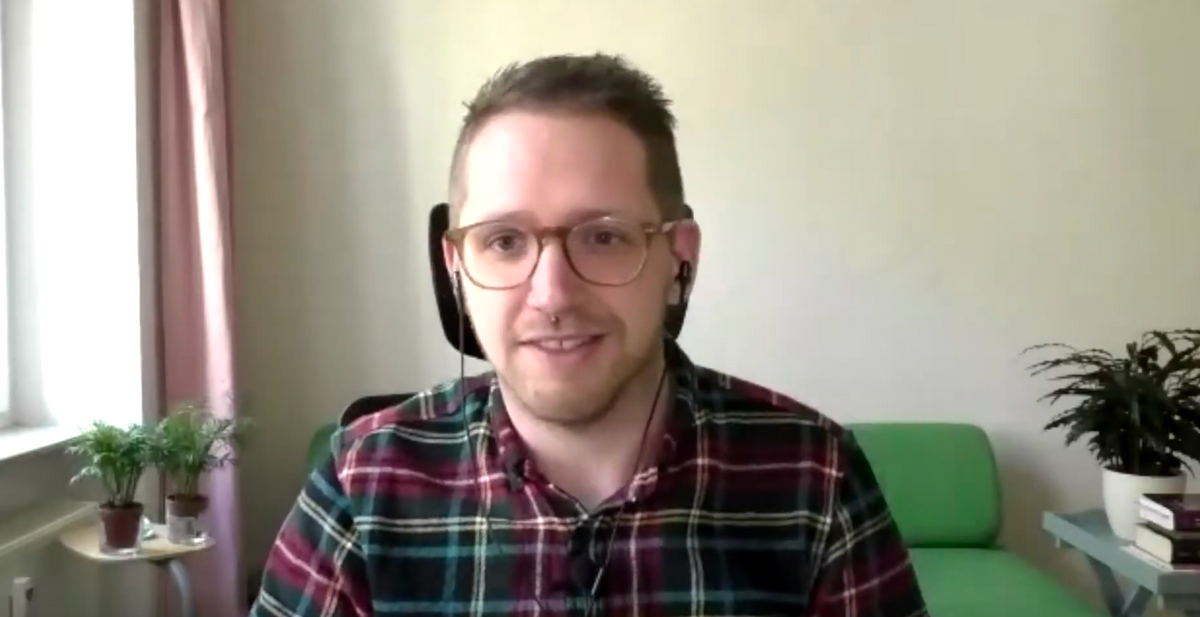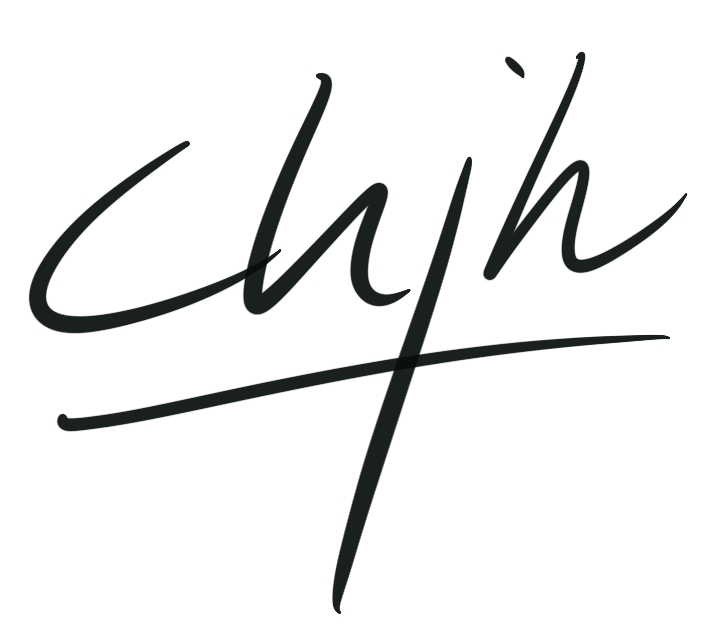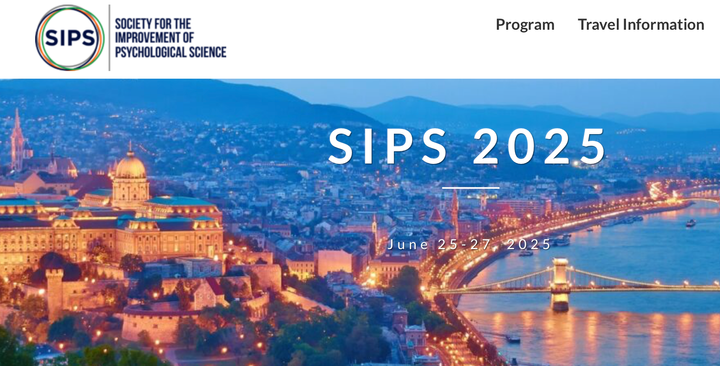Reflections on my PhD and building sustainable science
This is the prepared introduction to my livestreamed PhD defense of 17.04.2020. The dissertation, “Contributions towards understanding and building sustainable science” can be found on ThesisCommons.

This is the prepared introduction to my livestreamed PhD defense of 17.04.2020. The dissertation, “Contributions towards understanding and building sustainable science” can be found on ThesisCommons.
Thank you Chairman, and warm thanks to all the friends, family, and colleagues tuning in from their respective quarantines. Welcome to my living room.
I have been thinking about what to tell you right now for quite a while.
Five and a half years ago, I excitedly started my research career at Tilburg University — today I regretfully need to say I have left university life/academia and am trying to continue my scientific work otherwise.
The dissertation tells only part of the story between those two moments — between the excitement of entering academia and the need to leave it, at least for a while.
It doesn’t tell you that some of the reasons for leaving are listening to me speak, right now.
It doesn’t tell you how disappointing it was to experience power abuse repeatedly — the repeated punching down the ladder.
It doesn’t tell you that when I tried to raise these issues, people would make me doubt whether these were issues to begin with.
It doesn’t tell you that I had to overcome depression because of how I was treated.
But the dissertation also doesn’t share the inordinate amounts of support I received from others that are listening right now.
— the communal experience among my peers of the rotten parts of how we work with one another.
— the deeply rooted feeling that something has to give; things have to change.
So yea, I could tell you that my research indicated
- that two out of three psychology publications overlook potential effects
- that we cannot reasonably detect and correct scientific fraud or questionable research practices at a large scale
- that even if we could detect and correct, publishers don’t allow us to do so without their corporate consent
- that we can address many of the problems of how research is done by changing how we communicate it — by no longer allowing the format of the publication and its publishers to dictate our work
but that would be an incomplete summary of my PhD.
I would need to add
- That questionable academic practices like power abuse, sexism, racism, and gaslighting are subtle, pervasive, and impactful
- That mental health issues among doctoral candidates are real, prevalent, and preventable
- That good people, especially women and non-white men, are leaving academia because of it’s systemic issues
And that, that is definitely not sustainable.
This is not just the way things are.
It’s how things have been built and we reproduce it with our everyday choices.
It is how things are, but not how they have to remain.
We need to build our own futures, because nothing about the future is usual or determined.
It’s in these historic times of the coronavirus pandemic that we see the illusions of “business as usual” evaporate before our very eyes.
It is under the “business as usual” argument that we were told we cannot do PhD defenses online.
It is under the “business as usual” argument that access to research is reserved for those with money.
It is under the “business as usual” argument that changing the system from within is the only way to effect true change.
I disagree with that business as usual, because it serves those who run the business. The few who run it are given a head start at the behest of the many.
Also, business as usual isn’t returning anytime soon
The International Monetary Fund says we’re in the worst financial crisis since 1929 due to the pandemic. They’re calling it the Great Lockdown. It’s worse than 2008–2009.
Prolonged or intermittent physical distancing due to the coronavirus may be with us until at least 2022, researchers wrote in an article published just this Tuesday.
The climate crisis is still here as well and setting us up for ruin of unfathomable size. The Doomsday Clock, set by the Bulletin of Atomic Scientists, is the closest to midnight it’s ever been because of it.
These societal crises will multiply each other.
So, I proclaim, without any authority: Business as usual is dead.
And make no mistake: These societal crises will amplify the issues in science as well — potentially making it even less sustainable.
If we don’t do anything, it’ll get worse in many ways. One example is that government spending to combat pandemic impact will force governments to further cut spending elsewhere, like university budgets.
The skirmish for resources will further intensify academic competition, and I don’t think that will do our mental health or our research any good to say the least.
If we opt for piecemeal reform of the current system, we might end up with improved bits and pieces here and there, but we’ll miss the intersection and scope of the issues, to the detriment of us all.
So I ask you: Are these issues so innate to our current system, things that are so deeply rooted it’s harder to reform current institutions than to build our own alongside them? I think so.
After all, we can’t reform a horse into a car.
Which brings me full circle: I’ve left academia because I don’t see a road to sustainable science without radical change. And for me, academia isn’t the place where that will start.
I’ve tried the limited reform, and it was the cause of some of the power abuse. It was rejected under the “business as usual” argument.
I’ve tried lobbying for better policy that permits access to knowledge for everyone.
I don’t see a sustainable science coming out of the meaningless game of excellence, publishing, and grant writing.
What my research indicated is that detecting and correcting issues in science, is too difficult to be sustainable. What my research also indicated, is that going back to the drawing board allows us to tackle issues in a much more straightforward, simplistic, and encompassing manner.
And if there’s an anecdotal thing I’ve learned: People want futures they can be a part of and experience, not just ones to think about and fight for.
So that’s what I am doing. Together with a community of radicals, I am building things people can use to improve their science. Here we are implementing the results of my PhD research into a for-profit worker cooperative, where the money that’s put in doesn’t go in the pockets of a few but is reinvested for social benefit.
We need to democratise research work, in all its ways, for a sustainable science.




Comments ()